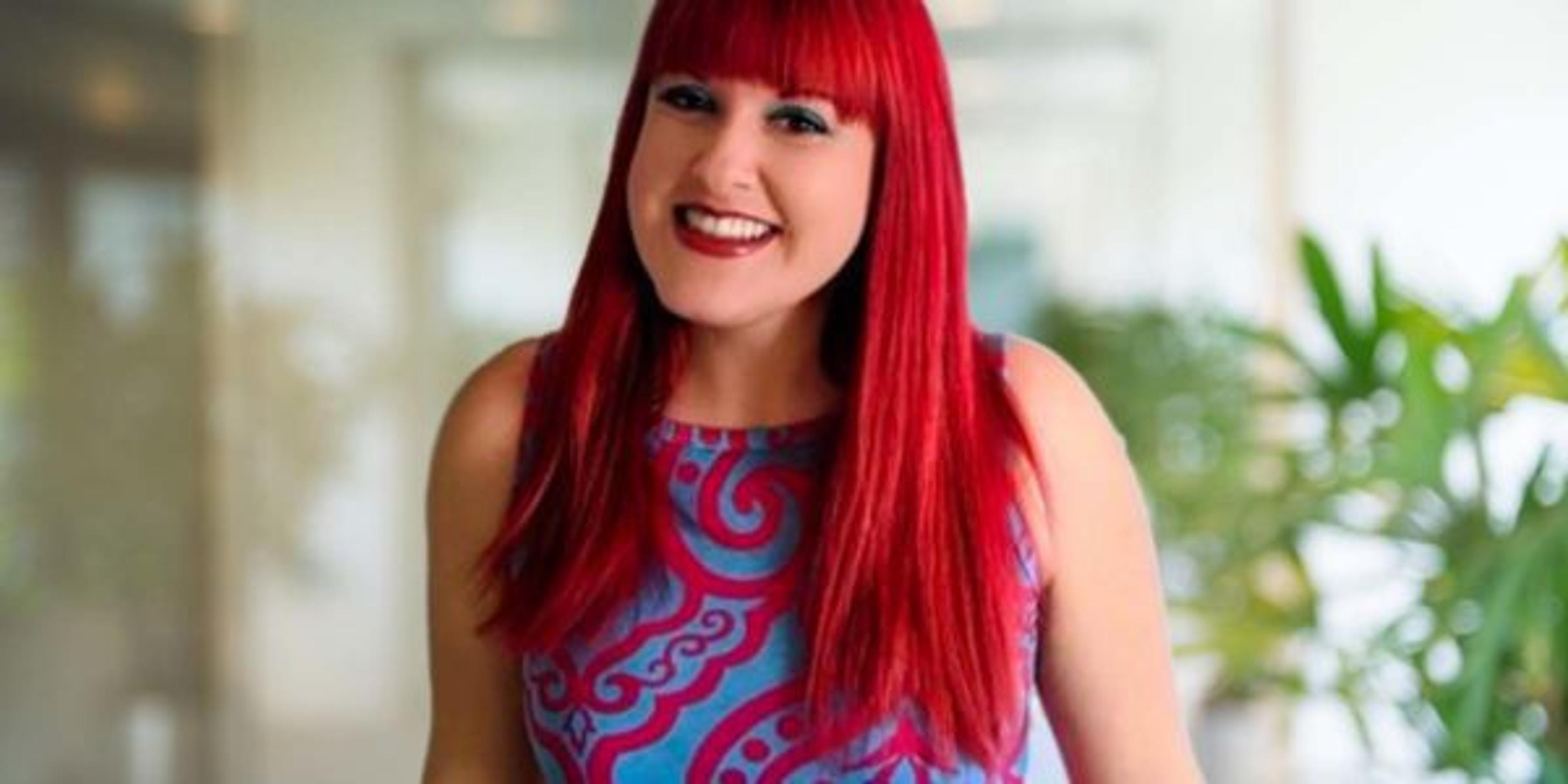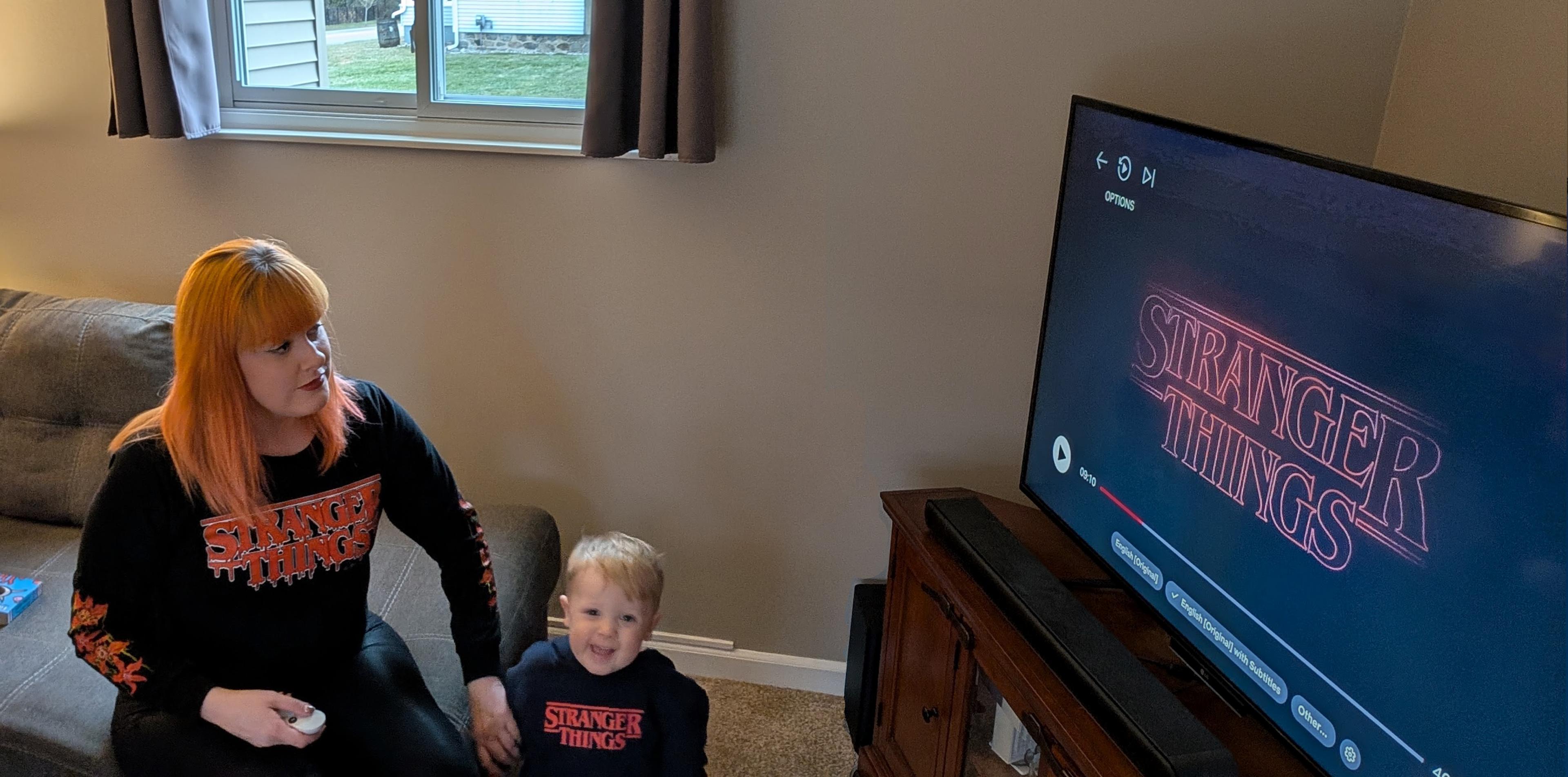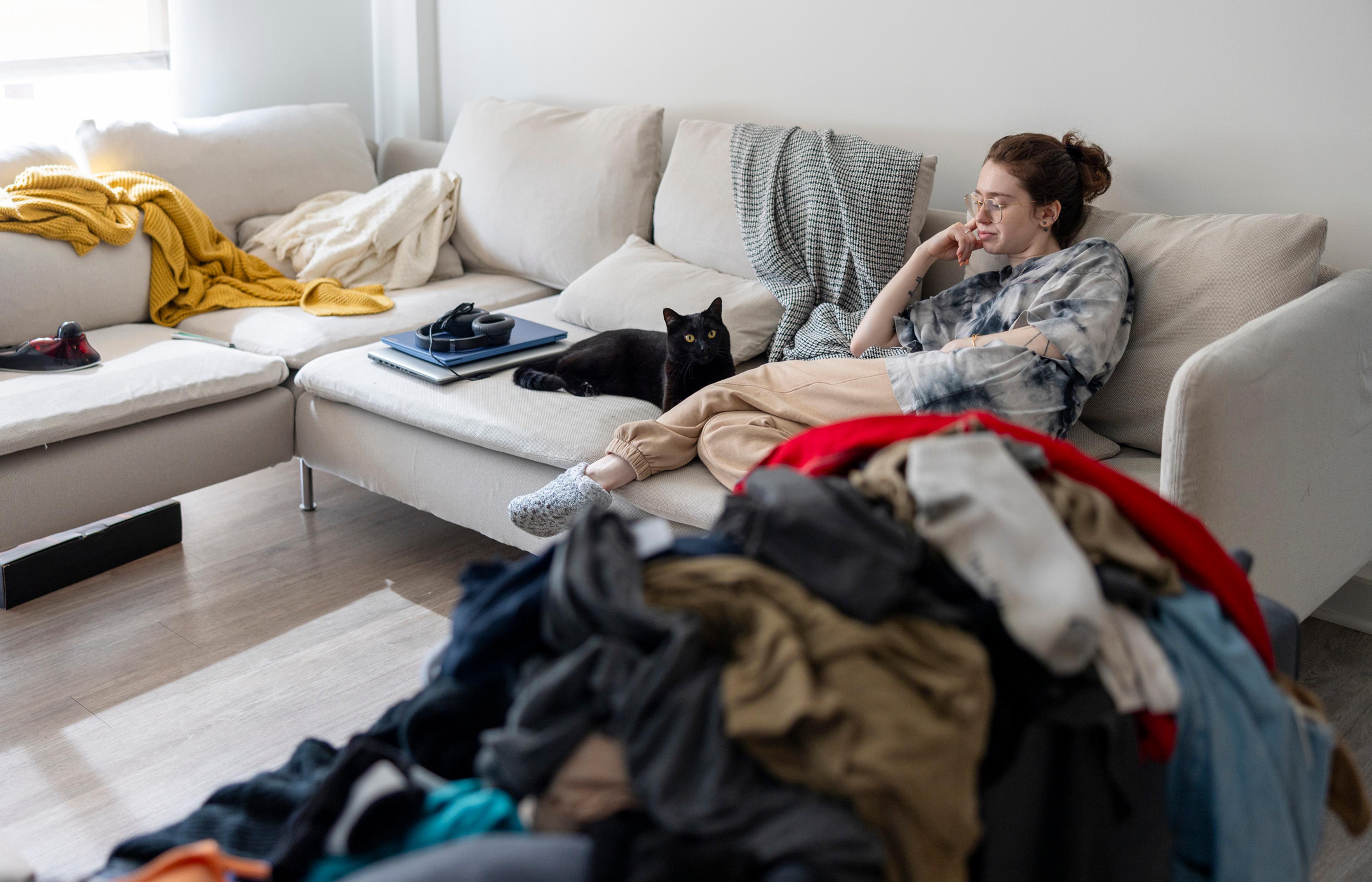How Mental Health Care Changed My Life

Monica Drake
| 4 min read

Some of my first memories as a child aren’t of birthday parties or play dates with friends – but, instead, of having panic attacks.
Starting when I was about four years old, I can remember sitting on my bed, and all of the sudden, I would feel like the walls were closing in on me and I would get this sharp ringing in my ears – which I later learned can occur at the height of a panic attack. Other times, I would wake from a deep sleep, screaming and crying, and I would see these floating white lights in my eyes – which can also be a symptom of a panic attack.
I was really young so, of course, I didn’t know what was happening to me. I remember thinking, “Am I possessed?” or “Am I dying?” I had been too embarrassed to talk about it with anyone, so it took more than a decade – when I was 19 years old – to be officially diagnosed with generalized anxiety/panic disorder.
I was diagnosed soon after I was hired as a receptionist in a psychiatrist’s office. A few weeks after I started working there, my boss called me into his office. He was the first person to ever ask me about my mental health, and he said, through his interactions with me every day, he could tell I had anxiety. After hearing that, I breathed a sigh of relief because, finally, after all these years, I had a name to go with what was going on in my head.
Prior to the diagnosis, I would blame myself for feeling the way I did. But the diagnosis helped me accept my anxiety and panic attacks and also helped me stop telling myself to “just snap out of it” and “stop being so dramatic” (which only made things worse). Would a person who has an asthma attack or a diabetic episode blame themselves? Of course not. So, I decided I needed to stop blaming myself too.
After college graduation, I was offered a job as a reporter for the newspaper The Oakland Press. Soon after I started working here, there was a suicide cluster in the communities I covered. During the winter of 2011-2012, four members of Lake Orion and Oxford Community Schools took their lives. And I told my editor that I wanted to cover these deaths. I talked to the family and friends of these young people and professionals gave me resources for those contemplating suicide.
There was one characteristic these four boys had in common. Everyone I talked to said, “He’s the last person I thought would do something like this.” And, through these stories, I learned that depression and mental illness can happen to anyone.
Slowly but surely, my work writing about suicide and talking with others who suffered from mental illnesses gave me the courage to talk about my own struggles. I still live with anxiety, but, with professional help and medication, I have since learned how to manage it and to no longer be ashamed.
Mental Health America reports that, in any given year, about 50 million adults have a diagnosable mental health condition – yet about half of them don’t receive treatment. Getting help changed my life for the better and, if you are struggling with your mental health, I encourage you to seek help too. You are not alone in this. Millions of others, including me, are with you.
Talk to your primary care physician, who can treat mental health conditions or refer you to a psychiatrist or therapist for additional help. For more resources, visit bcbsm.com/mentalhealth.
Opinions expressed in this blog belong solely to the author and do not necessarily reflect the opinions or beliefs of Blue Cross Blue Shield of Michigan or its subsidiaries and affiliates.
More from AHealthierMichigan.org:
Photo credit: Courtesy of Monica Drake





